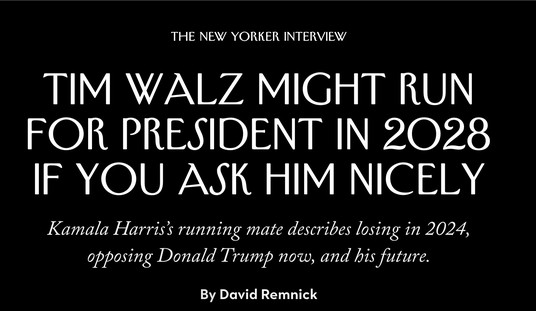After the Supreme Court upheld the Indiana voter-ID law yesterday by a 6-3 vote, I figured that we would hear whining from the usual suspects this morning. Interestingly, the pundits seem remarkably quiet about it, but the editorial boards of the New York Times and the Los Angeles Times proved me correct. What a relief! Both see this as a “retreat” and a dark day for democracy, when the decision follows common sense.
Let’s start with the Gray Lady, which sees this as a “sad reversal”:
Democracy was the big loser in the Supreme Court on Monday. The court upheld Indiana’s voter identification law, which solves a nearly nonexistent problem by putting major barriers between voters — particularly minorities — and the ballot box. Worse, the court set out a standard that clears the way for other states to adopt rules that discourage disadvantaged groups from voting. It is a sad reversal for a court that once saw itself as a champion of voting rights.
In 2005, Indiana passed one of the nation’s toughest voter ID laws. It requires voters to present government-issued photo ID at the polls. Private college IDs, employee ID cards and utility bills are unacceptable. For people without a driver’s license — who are disproportionately poor and minority — the burden is considerable. To get acceptable ID, many people would be forced to pay fees for underlying documents, such as birth certificates.
This should not have been a hard case. The court has long recognized that the right to vote is so fundamental that a state cannot restrict it unless it can show that the harm it is seeking to prevent outweighs the harm it imposes on voters.
On the Left Coast, the LA Times sounded less hysterical but still misses the point:
Indiana has a right to safeguard the integrity of its elections, but its identification requirement imposes sufficiently burdensome rules that it raises the question of whether the state is actually trying to discourage certain types of people — the poor, the elderly, the infirm — from exercising their right to vote. It’s one thing to deter fraud; it’s another to deter voting, particularly by certain classes of voters.
Despite their potential for abuse, identification rules might be worth considering if Indiana were combating widespread voter impersonation. However, even the court’s majority opinion recognized that “the record contains no evidence of any such fraud actually occurring in Indiana at any time in its history.” So the state risks disenfranchising tens of thousands of voters to fix a problem that does not exist.
Both editorials raise the specter of the poll tax, a despicable effort to deny the poor and mainly black voters access to the franchise. The NYT asserts that this court would likely have upheld it, while the LAT merely uses it to show a supposed inconsistency between the 1966 court and the current court. But that is a ludicrous assumption. The paying of a tax had no material connection to the vote, which is why the Supreme Court threw it out, decades too late. As even the two editorials grudgingly admit, the state has a serious and vital interest to ensure that people are properly identified as eligible to vote in the precinct in which they cast votes, which makes this completely different from the poll tax.
Why is identification important? When anyone commits fraud to cast a vote in an election, it diminishes the power of each legitimate vote in the community by diluting them. That effect can easily extend past the precinct, as the 7,000 fraudulent votes in Milwaukee demonstrated in 2004. It perverts the results, and worse, it instills a mistrust of the democratic processes that undergird our Republic. Voter fraud damages democracy in both ways.
States have a vital interest in preventing that kind of damage, and waiting until the damage occurs to address that interest makes no sense at all. Should we wait to pass laws against real estate fraud until a wave of it sweeps across in each community — or does it make more sense to learn a lesson from the first state in which it happens? How many elections have to be delegitimized through fraud before the NYT and LAT believe a state can start asking to check ID, something that everyone writing a check at a grocery store has to do?
Having a government ID is not a high hurdle in any case, and certainly not in Indiana, where the state will subsidize its cost to low-income voters. The importance of elections and the vital interest in maintaining confidence in their results means that American voters can assume the trivial burden of getting an ID in the months preceding an election. Or perhaps the NYT won’t mind when the Supreme Court overturns Roe v Wade on a 14-3 vote.








Join the conversation as a VIP Member